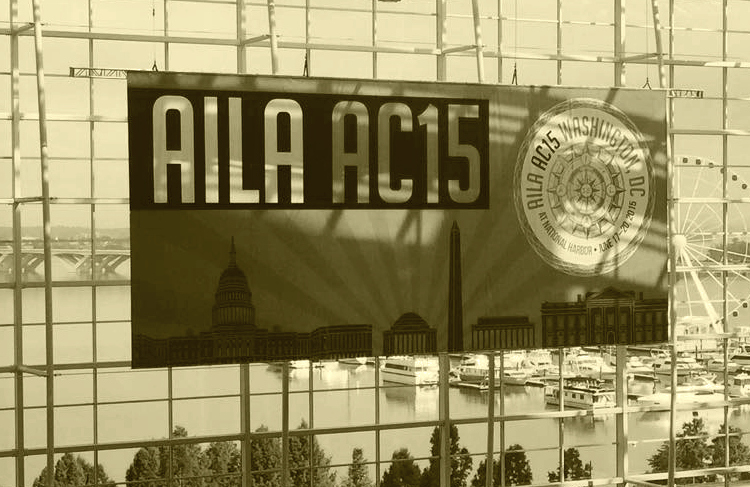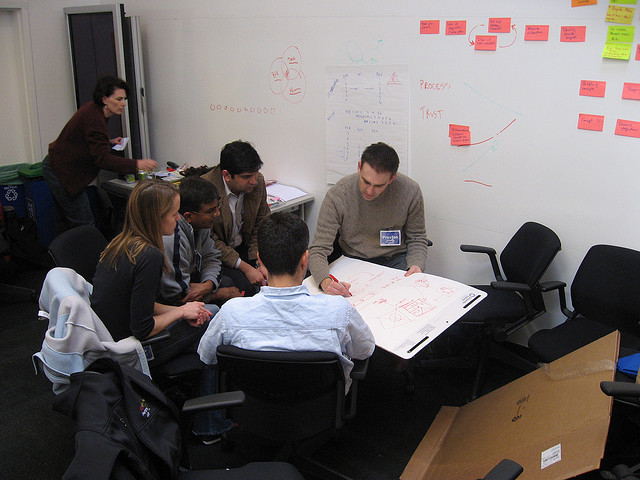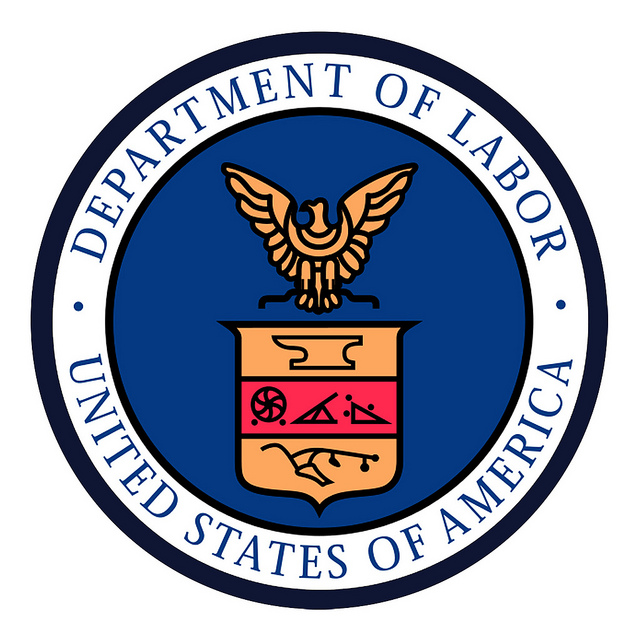
It is our pleasure to provide our readers with newly released statistics published by the Department of Labor’s Office of Foreign Labor Certification concerning the processing status of the PERM program and Prevailing Wage Determinations. The PERM graphic provides a breakdown for the review of applications certified during FY 2015 by the top 5 occupations, site states, industries, visa classifications, countries of citizenship, and minimum educational requirements. The graphic concerning the National Prevailing Wage Center outlines the determinations requests received for the H-1B program H-2B program, and PERM program FY 2015, breaks down prevailing wage actions, and issuance of prevailing wage determinations for PERM top 5 employers and occupations, H-1B top 5 employers and occupations, and H-2B top 5 employers and occupations.
Articles Posted in Employment based visa
DHS POLICY MEMORANDUM: Guidance on When to File an Amended or New H-1B Petition
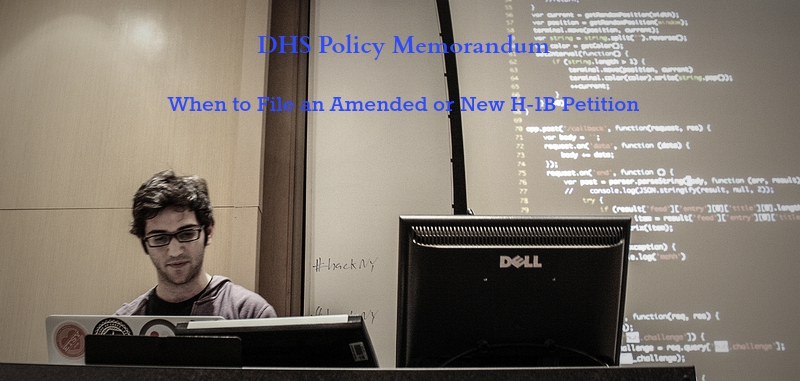
We would like to inform our readers that on July 21, 2015 the Department of Homeland Security issued a policy memorandum which provides guidance to employers and H-1B applicants regarding when to file an amended or new H-1B petition following the case law, Matter of Simeio Solutions, LLC, 26 I&N Dec. 542 (AAO 2015).
The memorandum is important because it is used to guide all determinations made by USCIS employees including adjudication procedures effective immediately.
To read the complete memorandum please click here USCIS Policy Memorandum
Staff Spotlight: Associate Attorney Yingfei Zhou, Esq.

It is our pleasure to introduce our readers to Associate Attorney Yingfei Zhou, Esq who joined our firm in 2012. Attorney Zhou is an active member of the California State Bar, the New York State Bar, and the American Immigration Lawyers Association (AILA).
Ms. Zhou practices primarily on employment-based and investment-based immigration law. Ms. Zhou has experience in various aspects of business immigration, including employment-based permanent residence and nonimmigrant visas, as well as marriage-based immigration and citizenship matters. Specifically, she has provided counsel to clients in relation to employment in specialty occupation, nonimmigrant NAFTA professional visa, individuals with extraordinary ability and achievements, nonimmigrant trainee or special education exchange visitor visa, religious worker visa, E-2 treaty investor visa, waivers, applications for adjustment of status, employment certification (PERM) applications, motion to reopen/reconsider, re-entry permit, visa interviews, as well as extensive EB-5 investment immigration work.
Ms. Zhou received her Bachelor’s degree in Law (LL.B) from Zhejiang University, one of the top universities in China. She graduated with distinguished honor awarded by the Department of Education of Zhejiang Province and was editor-in-chief of law review of her law school in China. She subsequently attended Thomas Jefferson School of Law in San Diego, CA and obtained her Master’s degree in Law (LL.M.). Prior to joining the Law Offices of Jacob J. Sapochnick, Ms. Zhou has practiced in China for two years.
AILA: Open Forum Updates
Presently, attorneys Jacob Sapochnick, Esq., Ekaterina Powell, Esq., and Yingfei Zhou, Esq. from our office are in attendance at the 2015 American Immigration Lawyers Association (AILA) Conference on Immigration Law taking place in Washington, DC. Together, they have had the privilege of being present for an open forum where officials from the Department of State and the National Visa Center provided valuable information in regards to modernization of PERM, improvements in visa processing at the National Visa Center, technical issues experienced at U.S. Consulates abroad, H-1B fee announcements, and more!
Technical issues experienced at U.S. Consulates worldwide
1. In regards to technical issues causing delays in visa issuance at U.S. Consulates worldwide, visa issuance is currently frozen. No visas are currently being issued at any U.S. Consulates worldwide. U.S. Consulates are rescheduling appointments for visas that were affected by the technical issues. The DOS is working to repair the hardware, however it will not be until next week when all issues will be resolved. Due to this, there will be a backlog for visa issuance and it will take longer to schedule a consular appointment for a visa.
2. If a visa applicant was affected by the technical issues at a U.S. Consulate abroad and they need to retrieve their passport urgently, they will be able to retrieve their passport, however, in doing so, applicants will forfeit the visa fees they have paid, and will be issued a 221(g) visa denial letter. If applicants are still interested in receiving a visa, they must re-apply and re-pay any visa fees. Applicants who are re-applying must note on future applications that their visa was denied due to a technical glitch. Applicants from visa waiver countries who are concerned that the visa denial will automatically result in an ESTA denial can rest assured. ESTA submissions will not be denied based on the technical glitch. DOS has responded that the technical issues will not affect future visa applications. Continue reading
Temporary Suspension of Premium Processing for Extension of Stay H-1B Petitions
On Friday, May 22, 2015 USCIS announced that it would be temporarily suspending premium processing for all H-1B Extension of Stay Petitions beginning May 26, 2015 to July 27, 2015 due to the high volume of anticipated applications for employment authorization under the H-4 final rule. During this time period, petitioners may NOT file Form I-907 to Request Premium Processing Service for a Form I-129, Petition for Nonimmigrant Worker, requesting an extension of stay for the H1B nonimmigrant. This temporary suspension will allow USCIS to implement the new regulation ‘Employment Authorization final rule’ for certain H-4 spouses which became effective on May 26, 2015. The suspension of premium processing applications for H-1B Extensions will allow USCIS to process applications for H-4 spouses in a timely manner and will help USCIS adjudicate applications for employment authorization filed by H-4 nonimmigrants.
All premium processing requests for H-1B extension of stay petitions that were filed prior to May 26, 2015 will proceed as normal.
USCIS will refund premium processing fees for H-1B extension of stay petitions filed prior to May 26, 2015 if USCIS did not take action within the required 15 calendar day period.
Announcing the New E-book ‘My American Job’ by Jacob J Sapochnick, Esq.
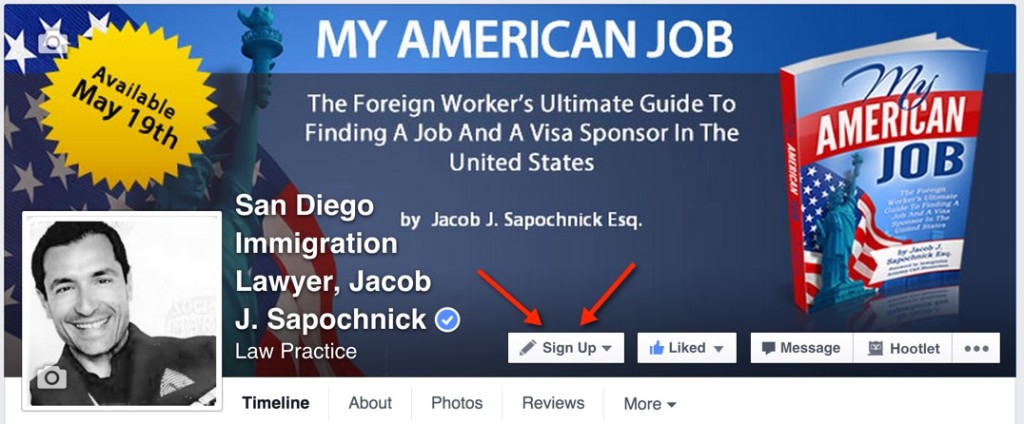
After more than 10 years of practicing immigration law the Law Offices of Jacob J. Sapochnick is excited to announce the release of attorney Jacob Sapochnick’s new e-book called ‘My American Job’ now available on Amazon for purchase. An immigrant himself, attorney Jacob Sapochnick first came to the United States on a student visa while studying for his masters in International Law in San Diego, California. Attorney Jacob Sapochnick’s e-book, ‘My American Job’ aims to assist foreign born workers navigate the complicated process of immigrating to the United States and having a shot at the American Dream. Attorney Jacob Sapochnick provides guidance having firsthand knowledge of the process himself. In his book, he explains the indispensable resources foreign born persons have at their disposal, namely showing foreigners how to use the power of the internet and social media to gain access to American employers and instructing foreign born persons on how to obtain working visas and permanent residence through the employment based sections of our country’s immigration laws. ‘My American Job’ was created with you in mind. In his book, attorney Jacob J. Sapochnick, Esq. teaches foreigners how they can stand out, how they can access the open American market, and how to successfully apply for an employment based visa.
My American Job is a guide advising and preparing foreigners physically, mentally and financially, to maximize their chances for long term job success, overcome misconceptions and objections U.S. employers have about hiring foreign workers, navigate the job application and interview processes, land the job they want including how to leverage social media sites, using LinkedIn, Facebook, Twitter, and Google Plus for job searching, how to adapt to U.S. business customs, ideas, etiquette, protocol, and more.
https://www.youtube.com/watch?v=OHsNd1J1hHk
FY16 H-1B Cap Filing Delivery Service Error Guidance

If a petitioner filed an FY16 H-1B cap petition in a timely manner for the fiscal year 2016 and has received notification from the delivery service used suggesting that there may be a delay or damage to the package, the petitioner may file a second H-1B petition.
The second H-1B petition must contain the following: a new fee payment, an explanation as to why a second petition is being filed with supporting evidence (such as the notice from the delivery service), and a request to withdraw the first petition.
If a second petition is sent without these items, it will considered a duplicate filing. USCIS would like to remind employers that it will deny or revoke petitions that are filed in the multiple or duplicate by an employer in the same fiscal year for the same H-1B employee, and they will not refund the filing fees.
Update on the H-2B Program
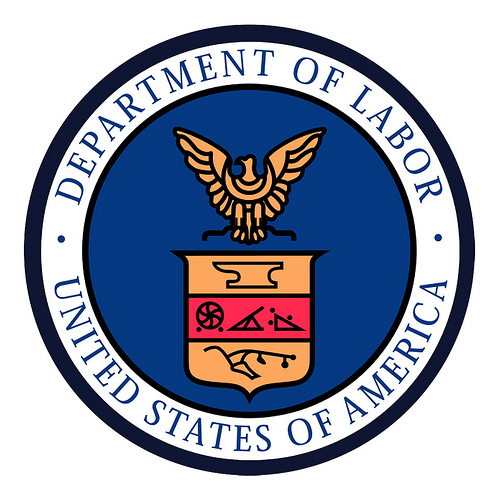
On March 4, 2015, the federal district court in the Northern District of Florida ruled in Perez v. Perez that the Department of Labor (DOL) lacks authority under the Immigration and Nationality Act (INA) to issue regulations in the H-2B program. This decision vacated and permanently enjoined DOL from enforcing the 2008 H-2B regulations. DOL was forced to immediately discontinue processing applications for temporary labor certification and can no longer accept or process requests for prevailing wage determinations or applications for labor certification.
On March 5, 2015, US Citizenship and Immigration Services (USCIS) announced that it is also temporarily suspending their adjudication of Form I-129 H-2B Petitions for Temporary Non-Agricultural Workers as these petitions require temporary labor certifications as issued by DOL. The government is considering the options to continue processing these petitions following the March 4 court decision. USCIS will continue to adjudicate H-2B petitions on Guam if those petitions are accompanied by temporary labor certifications issued by the Guam Department of Labor.
On March 6, 2015, USCIS suspended premium processing on all H-2B petitions until further notice. USCIS will issue a refund on all petitions filed using the premium processing service that were not acted upon by the agency within the 15 calendar day period.
Immigration Recap: 2014 in Review
 President Obama closed off the year by announcing his highly anticipated executive action on November 20, 2014 which will go into effect early this year, but the executive action was only one of many important initiatives that occurred in 2014.
President Obama closed off the year by announcing his highly anticipated executive action on November 20, 2014 which will go into effect early this year, but the executive action was only one of many important initiatives that occurred in 2014.
2014 was a big year for immigrants for several reasons:
- AB 60 California Driver’s License Applicants: Beginning January 01, 2015 undocumented immigrants can start the process of obtaining their driver’s licenses under AB 60 at their local DMV field office
- Executive Action: Beginning February 2015, eligible applicants can apply for the expanded DACA program which shields undocumented individuals from deportation who were brought to the United States illegally as children, our office will be providing you with further updates early this year
- Beginning May 2015 eligible parents of U.S. Citizens and lawful permanent residents can apply for deferred action thereby protecting them for deportation and allowing millions of parents to be eligible for employment authorization
DHS Memorandum for Entrepreneurs, Innovators, and Researchers
President Obama’s executive action announced on November 20, 2014 fell short in many ways than one for many people residing in the United States—both legally and illegally. Though a marginalized few have been allowed to come out of the shadows, some of the world’s best and brightest have been completely ignored by the executive action altogether. The United States would be quite a different place without our hard working immigrant population and without our foreign born innovators, movers, and shakers.
Obama’s announcement on November 20th notably left out any indication that the creation of a more expedient and efficient system would be considered— through which highly skilled and highly capable foreign workers would be able to more easily attain permanent residency and visas. Industry leaders in areas such as the Silicon Valley, seeking to employ such highly skilled and highly capable foreign workers for their startup companies, have expressed their concerns, forming groups such as FWD.us, albeit with the knowledge that Congress must act in order for an all-encompassing solution to be reached.
Though Obama’s speech shed little light on the topic, a memorandum released by the U.S. Department of Homeland Security following the speech is much more informative. The memorandum announces that inventors, researchers, and founders of start-up enterprises who do not qualify for a national interest waiver, but who have been awarded what is considered ‘substantial’ financing by a U.S. investor OR who ‘hold the promise of innovation and job creation through the development of new technologies or the pursuit of cutting edge research’ can attain parole authority under section 212(d)(5) of the INA,6 on a case-by-case basis after being assessed by the DHS. Possessing parole in this situation would authorize extraordinary inventors, researchers, or start-up entrepreneurs to temporarily conduct their research or development of innovative ideas or their business while in the United States.
 Visa Lawyer Blog
Visa Lawyer Blog


